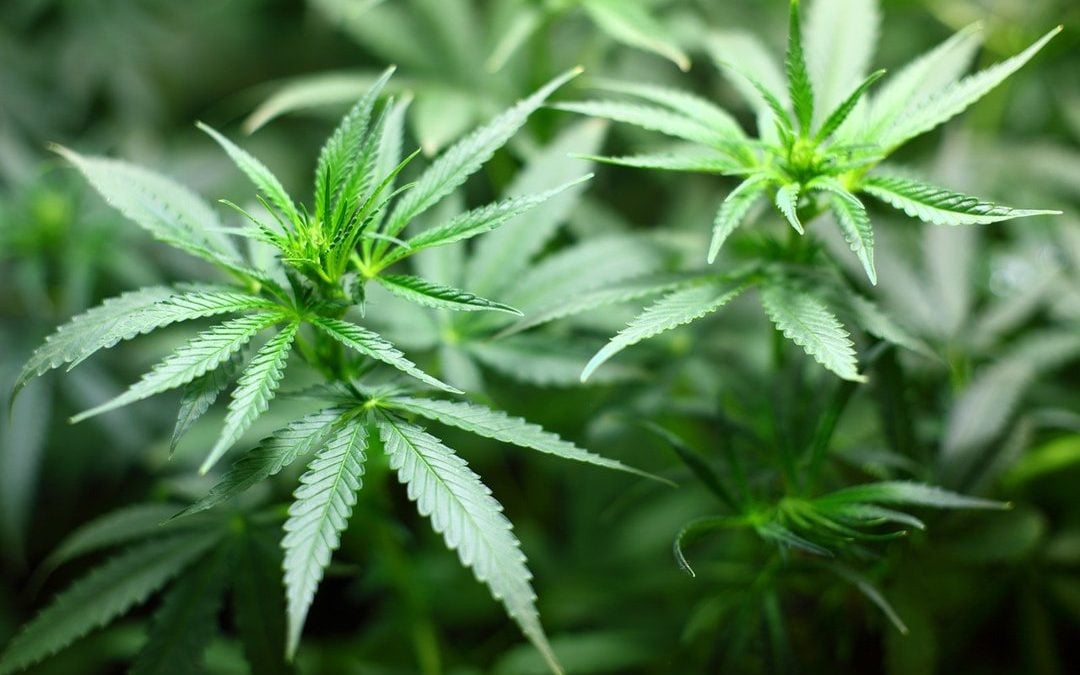For the last several years, a great debate has been brewing across the country. The residents of many states have taken to the ballot boxes to make clear their position on a central question, “should the use of marijuana be legalized in the United States.” Those in favor of legalization of the drug argue that recreational marijuana use is safer than the use of other legalized drugs including alcohol and nicotine. Additionally, they argue that legalization can eliminate the criminal element from drug sales, increase tax revenue for the state and federal government, and provide safer and more regulated access to the drug.
However, critics of marijuana legalization claim that removing criminal penalties currently in place for the use and sale of marijuana will increase the result of what some describe as a gateway drug, opening the door for additional drug users, including minors. Additionally, opponents to legalization voice strong concerns of the ability of state and federal governments to adequately identify, test, and hold accountable drivers who drive under the influence of marijuana.
As a result of this debate that continues to rage on in states around the country, there are several different scenarios in a number of different states relating to marijuana legality. The possibilities tend to break down into three categories when you look at marijuana laws by state: (1) states that continue to criminalize any use or possession of marijuana; (2) states that have legalized marijuana in some form for medical use only; and (3) states that allow marijuana for both medical and recreational purposes.

